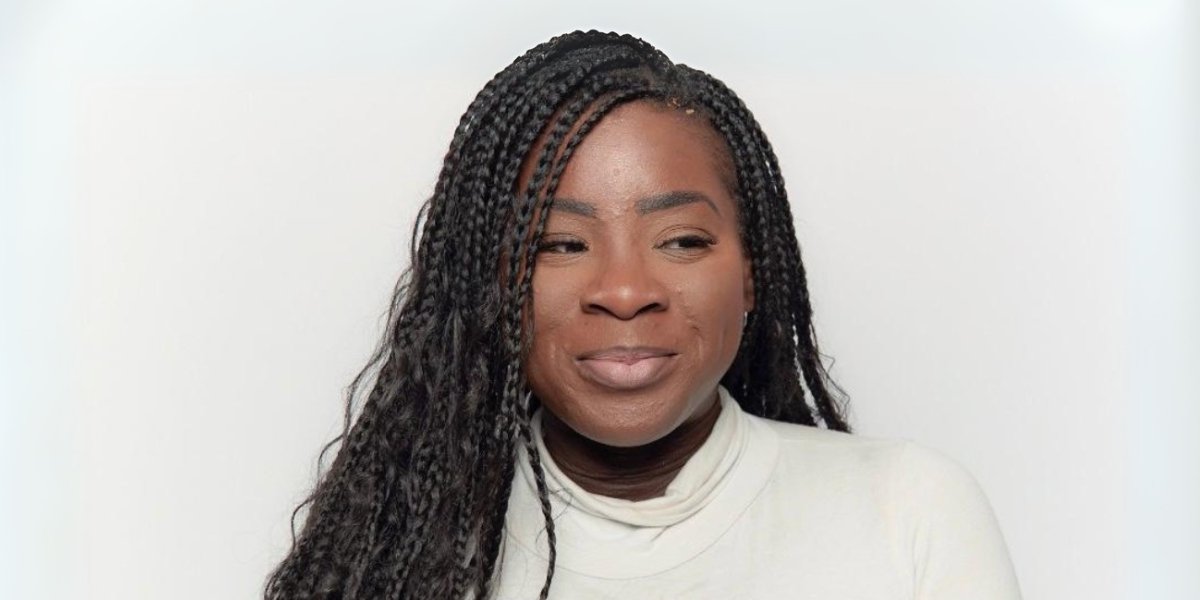The space industry has grown exponentially in recent years. In just the past decade, we have seen the launch of reusable rockets, the development of space tourism, and 3D printing in space, to name just a few. By 2040, the NewSpace sector is now predicted to be worth $1 trillion.
Many of these innovations are thanks to the leaders and innovators working with multidisciplinary approaches to scale the sector at large.
Chief among those leaders is Dylan Taylor, whose passion for space exploration is prominent in the field. As the CEO and Chairman of Voyager Space, a multinational space expiration firm, and a commercial astronaut, Dylan Taylor has served as a significant catalyst for innovative advancements and mobilization within the space industry. Known as the NewSpace sector’s most active investor, and probably its foremost thought leader, Taylor and his company have acquired several space technology and development companies with varying focuses, helping to spearhead projects that leverage investments in space infrastructure to tourism and more. Here’s how Dylan Taylor has helped to reshape the sector so far:
Investments in Space Innovation
With his company Voyager Space, Dylan Taylor has helped enable the innovator community to create the technological advancements currently powering the commercial space revolution. As space rapidly transforms into a prospering economy, the need for manufacturing, business, exploration, research and even entertainment is essential. With Voyager, Taylor has acquired companies that will make those areas within the space sector a reality, including companies like Pioneer Aeronautics, Altius, The Launch Company, Valley Tech Systems, Nanoracks, Zin Technologies and Space Micro, to name a few. The technologies developed under the umbrella of Voyager Space have led to partnerships with NASA, the US Department of Defense and many leading commercial space companies. By integrating these companies under one home, it supports the resources and accelerates humans’ potential for utilizing space to the best of our ability. The technologies developed allow humans to think about problems in new and unique ways in space and further develop and use their benefits on Earth.
Outside of Voyager, as a private investor, Taylor himself has invested in over 50 emerging space ventures, including Kepler, York, Axiom, LeoLabs, Relativity Space, and Astrobotic, to support the research and development of the innovations, research and other technologies that make the future of space exploration, a reality, especially in the long-term.
StarLab: The First Private Space Station
Dylan Taylor is also a big proponent of private space stations. One of Voyager Space’s major projects, in partnership with Airbus, is StarLab, which will serve as the first private space station and is expected to launch by 2028, serving as a new hub for research, international collaboration, 3D printing and manufacturing and a central hub or launch point for other deep space exploration activities.
Taylor and his team have already invested in research on the current space station, magnifying its importance. Voyager has developed an AgTech program in the UAE, where they’ve been designing and putting greenhouses on the International Space Station (ISS) to advance seed technology. This way, humans can take technologies and repopulate back on Earth to address food scarcity. By preparing for the deorbit of the current NASA ISS and researching ways to expand the potential of a new international space station in the future, Taylor is helping to advance our long-term presence in space, which will bring a myriad of benefits that can improve economic conditions, geopolitical relations, and further advance research and tech development in the space industry.
Space for Humanity
To benefit space exploration, Taylor has also launched Space for Humanity. The organization is dedicated to helping everyday citizens fly to space and help ease global challenges by expanding our everyday awareness of Earth. Each year, the nonprofit organization seeks to serve its participants through its citizen spaceflight program, leadership programs and collaboration efforts to educate the public. Last year, Space for Humanity sent two citizen astronauts to space, furthering their primary mission to democratize space.
Of course, lowering launch costs will help more citizens be able to get to space eventually. Taylor also has his hand in investing, partnering, and collaborating with companies working to combat high costs. As more entrants and new business models are developed and acquired, commercial solutions will help to decrease expenses, says Taylor.
Space for Good
Dylan has said space is a tool for transformation and he has been featured in countless media outlets, from CNBC to Forbes as a thought leader and futurist, expanding the public’s knowledge on space and its endless possibilities.
“If you look at the world’s challenges, these can seem intractable because we have too parochial of a view. There are very few things that I know that exist that allow you to get a new perspective and space seems to be a universal anecdote to that parochialism. The question is how do we get more people out there.”
Dylan Taylor is not merely a prominent leader in the NewSpace sector; he is a unifier and pioneer with the vision to know that all industries are going to be impacted by space in some shape or form now and in the future. He can identify companies with the knowledge and potential to realize their endeavors. Using this foresight to acquire the most promising investments and projects allows space exploration to become a more viable market with an advanced potential to thrive.
As Taylor puts it, “The beauty of space is we can reimagine what’s possible for humanity.” Indeed, and Taylor and the industry are just getting warmed up.
Published by: Aly Cinco









